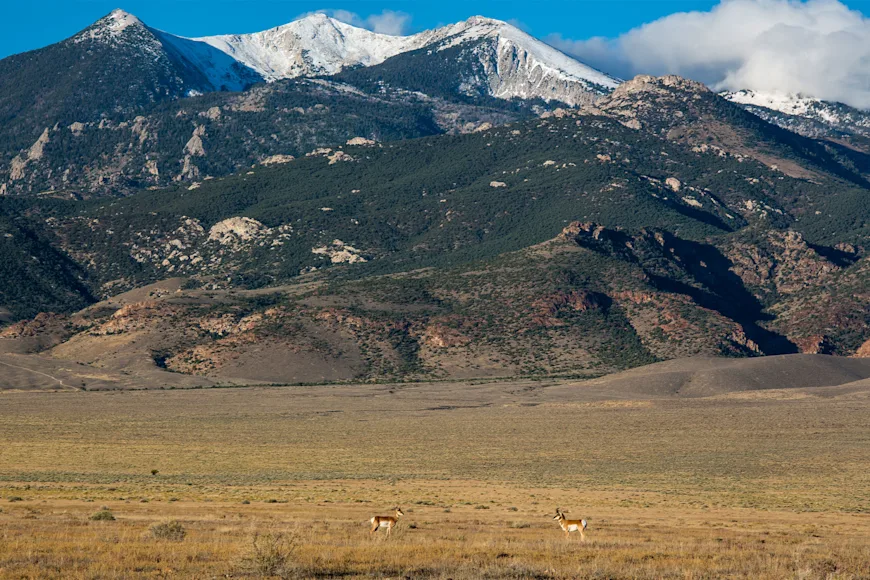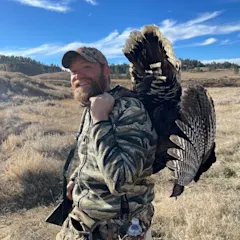With a 94-page lawsuit filed in the Supreme Court late last month, Utah is seeking to remove as much as 18.5 million acres of public land in the state from the Bureau of Land Management (BLM). If SCOTUS rules in favor of Utah in the case, the decision could have major implications for public lands across the nation and for the countless hunters and anglers who utilize them.
Utah’s lengthy court filing takes issue with what the authors call “unappropriated public lands within [Utah’s] borders.” It claims that such lands are held by the BLM without being “reserved for any designated purposes.”
The BLM administers more than 245 million acres throughout the western United States. While the agency has long managed its holdings for timber extraction, energy production, and livestock grazing, BLM lands are enjoyed by countless Americans every year for everything from sage grouse to elk hunting. And with the recently enacted Public Lands Rule, the BLM added the long-term conservation of its vast tracts of hunting and fishing habitat to its official set of management principles.
The Utah officials who authored the lawsuit say the federal government should “relinquish” large swaths of Utah’s BLM property because, under current management, the state can’t monetize the land or use any of it for its own purposes. “[Utah] cannot tax the federal government’s land holdings,” the lawsuit states. “It cannot exercise eminent domain over them as needed for critical infrastructure like public roads and transportation and communications systems.”
Implications Beyond Utah
The lawsuit asks the Supreme Court to deem federal ownership of unappropriated public lands unconstitutional, but their exact definition of “unappropriated” isn’t immediately clear in the suit. A recent Instagram post from the Utah Chapter of Backcountry Hunters & Anglers (BHA) says the lawsuit targets cherished areas such as the Henry Mountains and Book Cliffs. "If the state is successful in this initiative," the post reads, "we risk losing hunting and fishing access while our wildlife will suffer from habitat loss."
According to BHA CEO Patrick Berry, the case applies to more than just BLM property in Utah. “There are 210 million acres of land throughout the West that fit under this category of unappropriated land,” Berry tells Field & Stream. “If Utah prevails here, you're talking about an outcome that would impact BLM lands, U.S. Forest Service lands, U.S. Fish and Wildlife Service lands, and other lands managed by federal agencies.”
Berry says the state of Utah doesn’t have the resources to manage the 18.5 million acres mentioned in the lawsuit, and that the land would likely be sold at auction or leased out to private interests, if the state wins. “Whatever the cost would be for stewardship, maintenance, infrastructure, and fire suppression, that would be added to the taxpayer burden in the state of Utah,” he says. “They simply won't be able to pay for it, and they will have no choice but to auction it off or lease it when it comes time to balance the state budget—which they have a history of doing. If you go look at their website, they’re auctioning off school trust lands right now.”
It’s not clear yet whether the Supreme Court will decide to hear Utah’s case for disposing of unappropriated federal lands. But even if the case is denied, the Utah is likely to re-file in a federal district court.
Read Next: Conservation Partners Spend Millions to Restore Key Habitat for Threatened Bull Trout in Montana
Berry says he thinks the case will play out over a long time frame, but he’s encouraging anyone who hunts public land in the West to take action immediately. “Utah politicians have tried and failed at these politically motivated efforts to seize public lands before,” he says. “Whether you live in Utah or not, call the governor, since he’s the one that appears to be driving this, and tell him to drop this lawsuit.”


